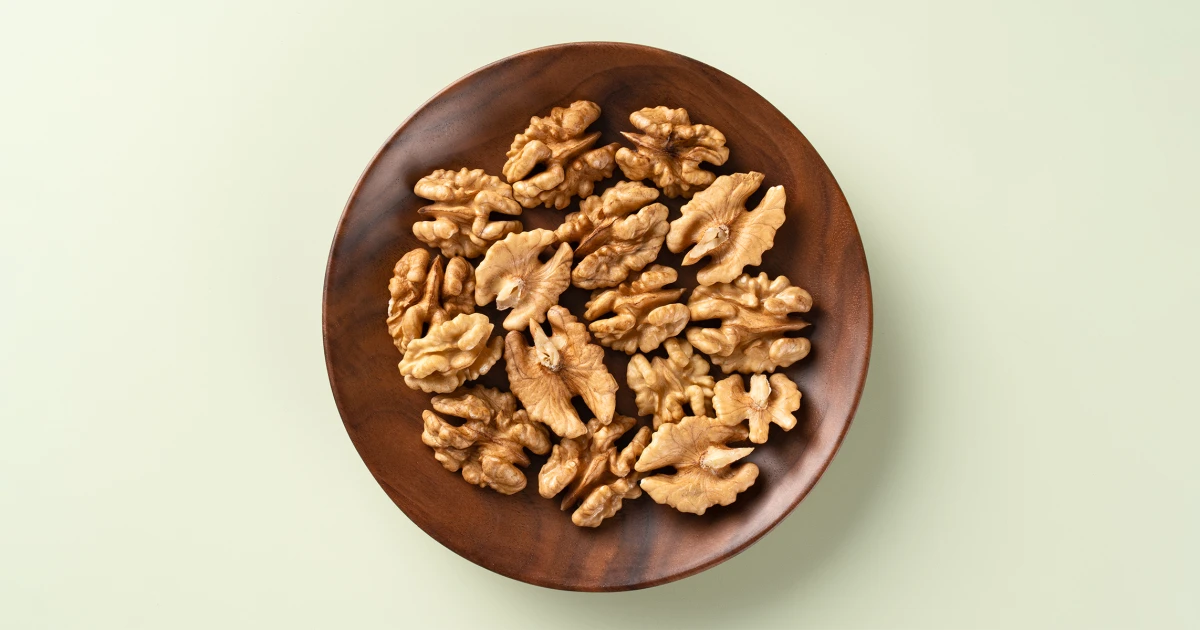
The supplement industry is booming. A recent analysis found that by 2034, the dietary supplements market could reach upwards of $ 170 billion.
Supplements that promote gut health are among the most popular options my patients use, with most individuals taking probiotics, prebiotics or a combination of the two. Though many lifestyle choices impact gut health, diet remains a primary driver of a well-functioning microbiome.
The Gut vs. The Microbiome
Gut health is a primary driver of overall health and longevity, from the moment you are born to the time of your death. Gut health also plays an important role in the body’s immune system.
Let’s start by defining a few key terms. The gut refers to the area in the body where digestion occurs. The human microbiome defines all the microorganisms within the body.
These microorganisms consist of trillions of bacterial cells that all play a role in determining health and longevity. Furthermore, these communities of microbes can dwell well beyond the digestive tract, including the skin and even the nasal passages; however, our most diverse communities live within the gut. Gut microbiota (the microbiome within the gut) relies on diversity of microbes to thrive.
When harmful microbes take over, a state known as dysbiosis occurs. This state is defined as a gut with reduced diversity of gut microbes and has been associated with the risk of multiple chronic diseases.
A good way to think about this concept is to imagine your gut is a battlefield, with an army of good guys on one end (good microorganisms) and an army of bad guys (harmful organisms) on the other. Which army you choose to arm will be dictated by many factors, your dietary choices being a primary driver.
What Role Do Supplements Play in Gut Health?
Both probiotic (live microorganisms) and prebiotic (non-digestible fibers) supplements may help maintain a healthy gut microbiota; however, as with any supplement, the quality of these supplements can vary widely.
Additionally, because benefits are often tied to specific strains of probiotics, knowing and consuming the right strain for better health is important. Yasi Ansari, MS, RDN, CSSD, is the founder of Yasi Ansari Nutrition, LLC. She states that the term “probiotics” in foods has been somewhat loosely used in the marketplace when not meeting minimal requirements to be considered a “probiotic.”
Furthermore, she says, to qualify as a “probiotic” for use in food or a supplement, the microorganism must be sufficiently characterized by strain identification, must be safe for the intended use, and must be alive in the product at an efficacious dose throughout its shelf life. Plus, the microorganism must be supported by at least one positive human clinical trial.
Ansari further comments that while supplements can be supportive in specific cases, they’re not a substitute for the variety and synergy of nutrients and health-supporting compounds we can obtain through food.
Here Are Ten Foods and Beverages That Can Help Foster a Healthy Gut
Green Tea
A 2022 study found that extracts from green tea helped to reduce inflammation and improve gut health. The 4-week intervention demonstrated that green tea can help reduce blood sugar levels and contribute to a reduction in leaky gut. Consumption of green tea has also been linked to a reduced risk of cognitive decline.
Sauerkraut
All fermented foods will yield gut benefits, but fermented cabbage appears to be a top contender. A study comparing sauerkrauts health benefits with raw cabbage found that metabolites formed during the fermentation process helped to reduce damage found in the gut caused by inflammation.
Sauerkraut consumption has also been shown to help reduce the risk of certain cancers.
Grapes
A 2025 study found that polyphenols in grapes helped increase the diversity of beneficial microbes in the gut. Furthermore, previous studies on grapes have shown that consumption may inhibit the formation of harmful gut microbes, especially Helicobacter pylori. Grapes may also help fight against inflammation in the body, which could further help in the prevention of many chronic diseases.
Water
Yes, Water! Why? Hydration levels play a role in your gut health. Water consumption reduces the risk of constipation, impacts the number of healthy microbes and helps to promote immune function within the gut.
Asparagus
Asparagus is rich in prebiotics, non-digestible fibers that serve as nourishment for healthy bacteria.
While probiotics may help to boost healthy microbes, prebiotics provide the fuel for them to flourish. Other sources of prebiotics include chicory, onions and leeks, whole grains (including oats), bananas and dandelion greens. Asparagus may also play a role in blood sugar and blood pressure management.
Walnuts
Nut consumption is associated with a healthy gut microbiota, and multiple studies have identified walnuts as one of the optimal choices for maintaining gut health. Studies show that walnut consumption has been associated with beneficial changes to gut bacteria by increasing healthy microbes benefiting both colorectal and heart health. Walnuts are also the only nut to contain omega-3 fatty acids that lower inflammation and support heart health.
Extra Virgin Olive Oil
Potent Bioactive compounds found in extra virgin olive oil may play a positive role in gut health, according to a 2025 study. The study found that olive oil consumption helped with the formation of short chain fatty acids (fatty acids that have been found to benefit gut health, improve immune function and assist in the prevention of multiple chronic conditions and boost levels of healthy bacteria within the gut). Previous studies on olive oil have found benefits to heart and brain health as well.
Chickpeas
Beans and legumes contain nutrients, including fiber, that are beneficial to gut health. A 2024 study found that chickpeas may help strengthen the integrity of the gut barrier and promote digestion. Chickpea consumption has also been associated with potential improvements in lipids and blood sugar.
Kefir
Kefir is a fermented dairy-based food often consumed as a drink and characterized by the fermentation of milk with kefir grains. It can also come from nondairy sources such as nut milks. A 2024 study identified kefir as a potent probiotic that may help regulate a healthy microbiome by providing multiple strains of healthy bacteria. Other sources of probiotics include pickled and fermented vegetables, yogurt, miso, tempeh, buttermilk, kombucha and sour cream.
Bone Broth
Bone broth may play a role in gut health by reducing inflammation and strengthening intestinal barrier function. It’s also a rich source of amino acids.
Remember:
It’s essential to note that heating (and storing methods) of probiotic-rich foods may alter their microorganism content. Therefore, consuming these foods in their raw (or slightly cooked) form may offer an advantage to gut health.
Other Aspects Beyond Diet May Also Contribute to a Healthier Gut
You can also boost your gut health by slowing down the rate of your eating, fasting, managing stress and mental health, exercising and getting adequate sleep.
Factors that influence poor gut health include a high consumption of ultra-processed foods and low intake of nutrient-dense foods, high exposure to chemical household cleaning agents and intake of antibiotics (which destroy both bad and good bacteria). In fact, antibiotic use is one such example where concurrent probiotics supplementation may be warranted.
Ansari further adds that there are also times when someone may have limited access to food variety, experience digestive concerns or may want more immune support. These are times when a probiotic supplement can really help. Additionally, she incorporates science-backed probiotic supplements when needed, especially during travel and during the changing of seasons.
Your dietary patterns play a large role in your microbiome and, thus, your overall health status. Personalizing the right gut health plan for you may include working with a health professional who can optimize your supplement, food, and lifestyle needs and concerns.



